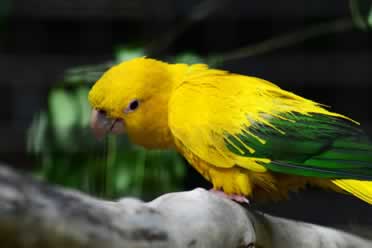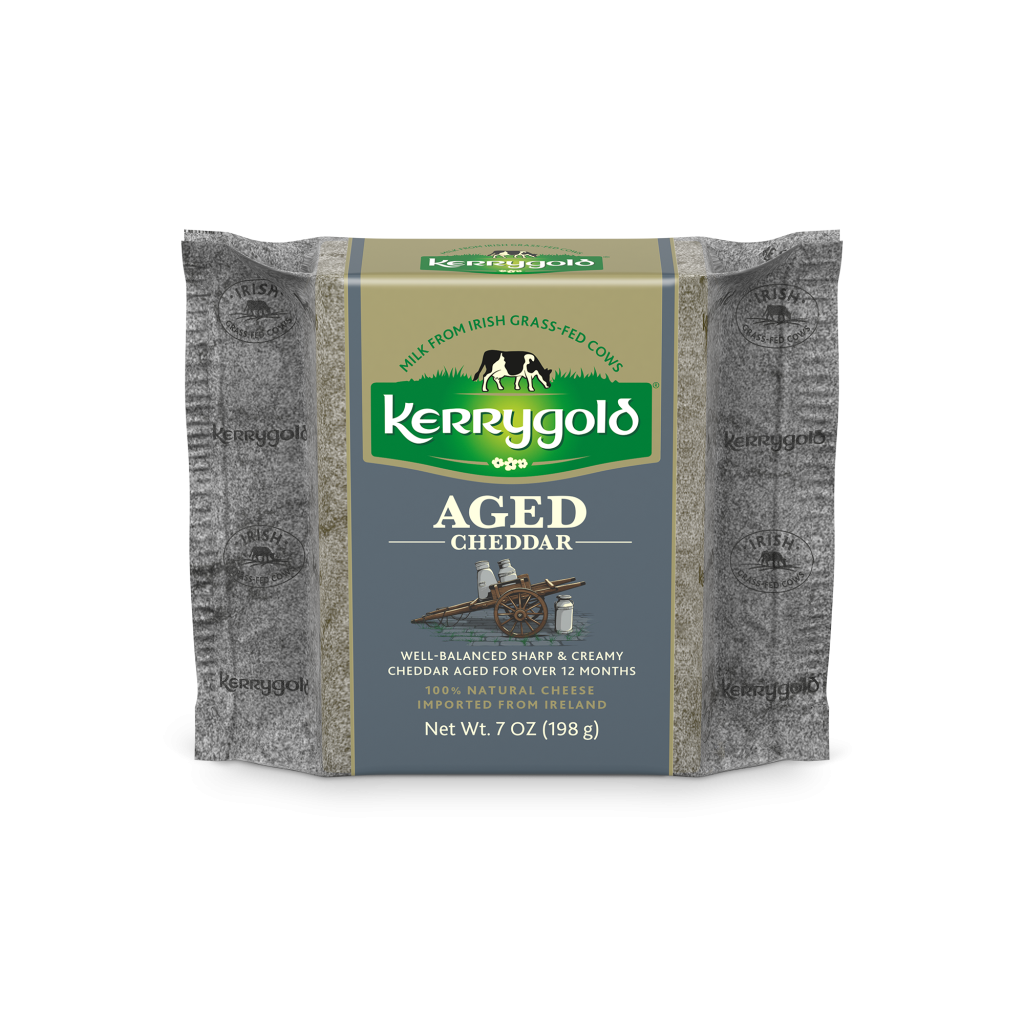anaximander
Member
- Dec 4, 2021
- 28
- 51
- Parrots
- Sencha - pineapple GCC
Sencha, my 16-month-old GCC, has a training session first thing in the morning, six days a week. His favorite treat is safflower seeds, so I use those for training and only for training. The problem is that Sencha is a very good boy! As such, he generally scores a LOT of safflower seeds (maybe a teaspoon or so?) during a typical training session, increasingly so as his repertoire of tricks increases. Sencha has put on a couple of grams over the last few months.
Sencha's diet consists mainly of chopped vegetables and Rowdybush pellets. He doesn't get much seed outside of training (a little millet now and then) and he doesn't like fruit except for apples.
How can I balance the need for treats for training motivation with the desire to keep a balanced, low-seed diet? Any advice greatly appreciated!
Sencha's diet consists mainly of chopped vegetables and Rowdybush pellets. He doesn't get much seed outside of training (a little millet now and then) and he doesn't like fruit except for apples.
How can I balance the need for treats for training motivation with the desire to keep a balanced, low-seed diet? Any advice greatly appreciated!


